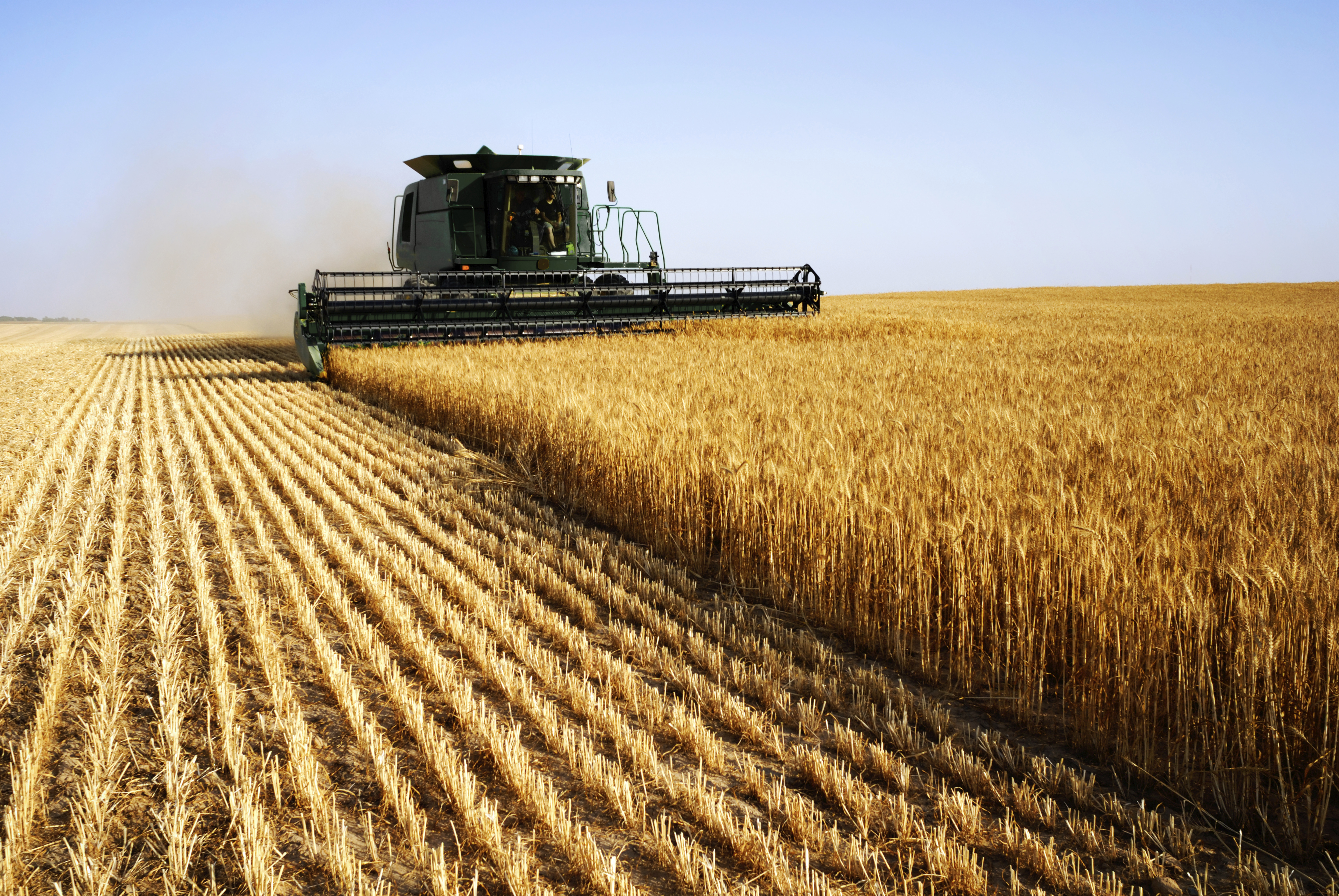11 Dec 2024

Tired Earth
By The Editorial Board

Extreme weather in Britain means the country is facing the worst wheat yields since 1980, the National Farmers’ Union has warned.
The wettest February on record combined with a dry sprint and the early August heatwave means overall yields are expected to be down by as much as a third, with some areas hit harder than others.
The impact could leave the UK a net importer of wheat, rather than exporter, and marks the end of a difficult season after consecutive years of unpredictable weather patterns.
The NFU’s vice president Tom Bradshaw said: “Farmers have seen very challenging conditions across the country with heavy rain during winter, meaning tough planting conditions, followed by one of the driest springs on record so establishing crops was difficult and winter drilled crops lacked any spring growth.
“This combined weather pattern has resulted in the UK’s lowest wheat crop area in 40 years this summer and we expect yields to strike a similar multi-decade low.”
He added: “This demonstrates the volatility that can be experienced across a farming year and why food production and food security must be taken seriously.”
The Agriculture and Horticulture Development Board reported earlier in the summer that overall wheat planting had dropped by 25 per cent from 2019 to 1.4m hectares, with many farmers instead planting spring barley or oats.
The organisation expressed concern over crop quality in July, noting dry conditions over spring had not aided crop development.
“The challenging weather played a major part in this reduction,” AHDB said in its 2020 Planting Survey.
“Persistent rain throughout autumn and winter altered many growers’ intentions, with them switching to plant spring crops when unable to get their winter crops drilled.”
All of the UK’s 10 warmest years on record have come since 2002, with scientists warning the climate crisis is having a significant impact on British weather patterns.
Last month the Met Office published a report warning the UK is getting hotter and hotter, and rainfall records have also been broken more regularly in recent years.
Dr Mark McCarthy, head of the Met Office’s National Climate Information Centre, said 2019 was the latest in a series of especially wet years, and for northern England marked the ninth most rainfall in a year since records began in 1862.
“It’s worth noting that since 2009 the UK has now had its wettest February, April, June, November and December on record – five out of 12 months,” he told the BBC.
Professor Richard Allan, a climate scientist from the University of Reading, said: “The record hot days and sticky nights observed in the UK during 2019 are an expected result of a warming climate that is intensifying heatwaves as well as heavy rainfall events, whenever they occur.
“What is not captured in these reports are the remote consequences of climate change that are increasingly affecting our country through effects on global food prices, environmental degradation and national security.”
Source : www.independent.co.uk
Comment